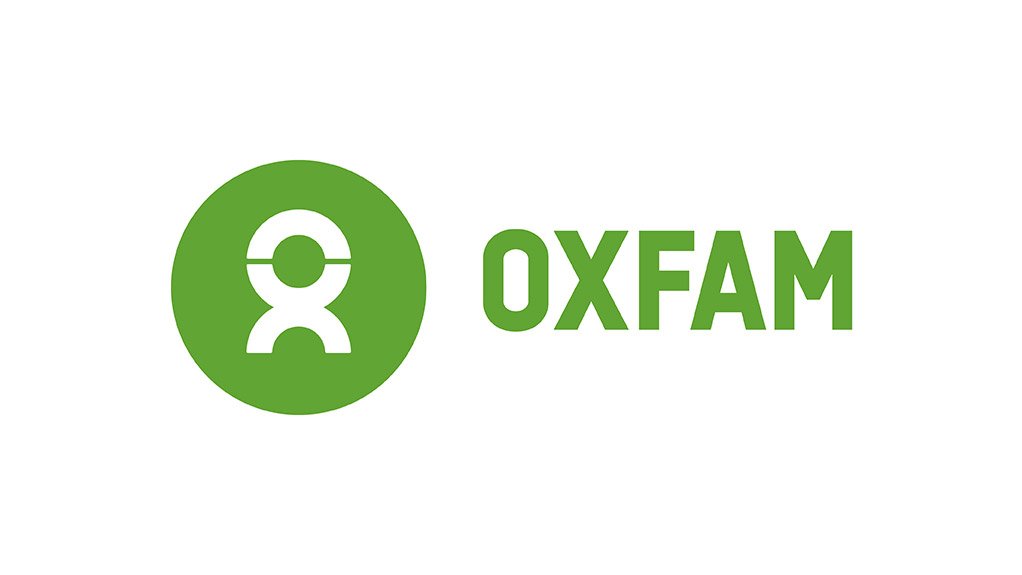International advocacy group Oxfam on Monday criticised the widening gap between the rich and the poor, saying that global inequality had grown to unacceptable proportions as just eight men now owned the same wealth as half of the world.
Oxfam said it had reviewed its 2016 findings that 62 billionaires owned the same wealth as the poorest half of the planet after new and better data on distribution of wealth, particularly in India and China.
But when the inequality radar was brought closer to home, just three billionaires in South Africa emerged as owners of the same wealth as the bottom 50 percent of the population.
Oxfam presented the data during the release of its inequality report titled “An Economy for the 99 percent” in Johannesburg on Monday.
The report was released to coincide with the 47th World Economic Forum Annual Meeting held in Davos-Klosters, Switzerland, from Tuesday to Thursday under the theme “Responsive and Responsible Leadership”.
The report details how big business and the super rich, according to Oxfam, were fuelling the inequality crisis by dodging taxes, driving down wages and using their power to influence politics.
According to Oxfam, South Africa’s richest one percent of the population owns 42 percent of the total wealth of the country, emphasising that “inequality is greater today than at the end of apartheid”.
The list of South Africa’s richest people includes Steinhoff International billionaire Christoffel Wiese, Glencore’s Ivan Glasenberg, Aspen Pharmacare’s Stephen Saad and Intu Properties' John Whittaker.
Oxfam South Africa’s executive director, Sipho Mthathi, said this was a sign of a “broken economy” and called for an economy that worked for everyone.
“Such inequality is the sign of a broken economy, from global to local, and lack of will from government to change the status quo,” Mthathi said.
“[Government] can build an economy where business pay their taxes and contribute to the wider good where everyone is able to be healthy and educated, where poverty wages are a thing of the past.”
Some of the solutions proposed by Oxfam include tax increases for the wealthy to ensure a more level playing field, legislation of living wages not just minimum wages, as well as supporting companies that benefit workers and society rather than just their shareholders.
Oxfam also called on business leaders who are meeting in Davos to start by committing to paying their fair share of taxes and ensuring that their businesses paid living wages to their employees.
Click here to read the report
EMAIL THIS ARTICLE SAVE THIS ARTICLE
To subscribe email subscriptions@creamermedia.co.za or click here
To advertise email advertising@creamermedia.co.za or click here











